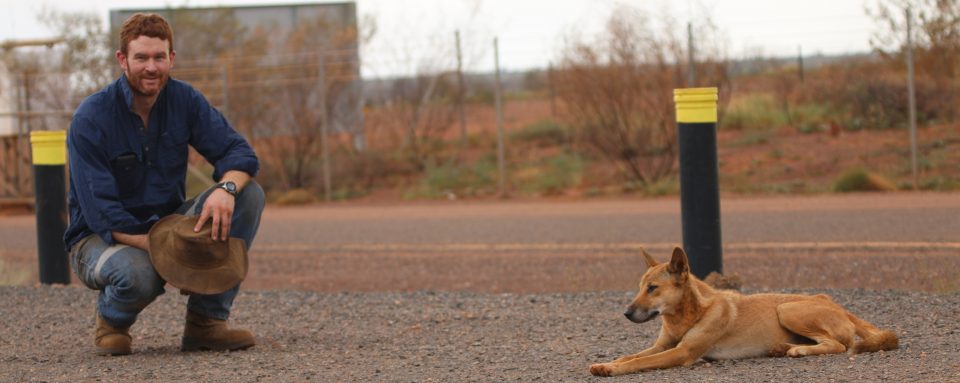The Ecological Effects of Animal Mass Mortality Events
We are seeking a PhD student to work on an exciting new project assessing the ecosystem effects of animal mass mortality events.
Animal mass mortality events (AMMEs) involve the rapid, catastrophic die-off of organisms. These events can produce many of tons of dead biomass in a single event, and they appear to be on the rise globally. In the past few years, Australia has witnessed a number of AMMEs, including the death of a million fish in the Murray Darling Basin due to algal blooms, thousands of cattle dying after floods in Queensland, the deaths of feral horses in central Australia from drought, and thousands of flying foxes dying from heat stress in New South Wales and Queensland. Humans also effectively simulate AMMEs when they undertake large scale culling of overabundant species. But while the causes of these events are known (e.g. poor water quality, drowning, drought, heat, and direct killing), we know very little about the consequences of AMMEs for ecosystems. For example: can vertebrate and invertebrate scavenger assemblages consume and disperse the vast quantities of carcasses that become available? Do carcasses attract and get scavenged by pest species? Do unconsumed carcasses result in unusual and excessive nutrient loads in surrounding areas, and does this affect plant growth, weed invasion, or have cascading effects on herbivore grazers? This PhD project will answer these fundamental questions by simulating and monitoring AMMEs in the field. A key focus of the project will be the responses by scavengers including dingoes, red foxes, feral pigs, eagles, ravens, blowflies, and European wasps.

The project has financial support from the Hermon Slade Foundation and in-kind support from a major NSW Environment Trust project led by the NSW National Parks and Wildlife Service.
The field work will be in and around Kosciuszko National Park, and the student will work with local land managers and NSW Government Departments, including NSW National Parks and Wildlife Service, Department of Planning, Industry and Environment, and South East Local Land Services. The student will have an opportunity to work with colleagues in southern USA replicating similar experiments in systems where vultures and coyotes are the dominant scavengers. Support will also be provided from Dr. Philip Barton at Australian National University, Prof. Richard Duncan at University of Canberra, and Dr. Alex Carthey at Macquarie University.
Australian candidates must be competitive to receive funding under the Research Training Program. However, a top-up scholarship of up to $6,000 per annum will be offered to the successful applicant. A variety of scholarships are available for international students.
The student will be based at The University of Sydney in the School of Life and Environmental Sciences Ecology, Evolution and Environment Cluster, within the Global Ecology Lab.
For more information and to submit an expression of interest, please contact Dr. Thomas Newsome at thomas.newsome@sydney.edu.au
The expression of interest should include a cover letter and CV. Please include details of your degrees (including average marks), work and research experience, field experience in remote locations, publications, and ability to use programs like GIS, and statistical packages like R. You must have a current manual drivers license. The project can commence either in late 2019, or early 2020, and will run for at least three years.
Expressions of interest will close July 30th 2019
You can download a copy of the flyer HERE
Further details on enrollment at The University of Sydney can be found below:
